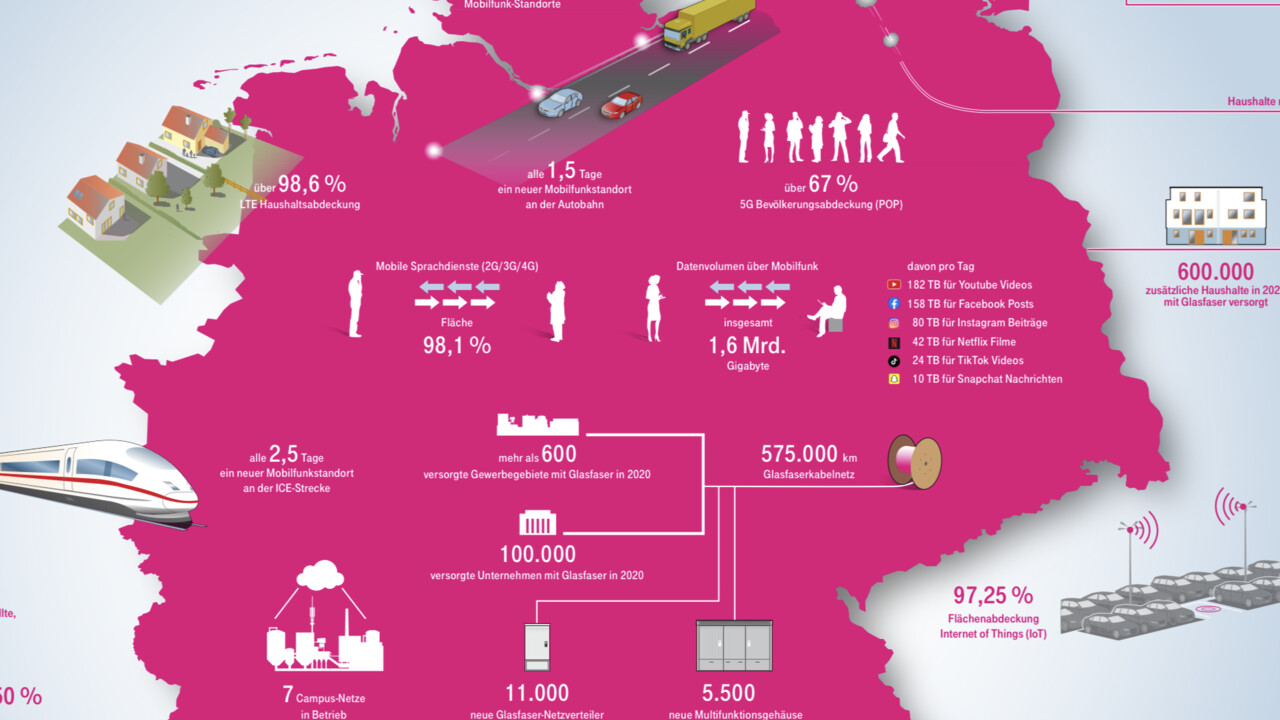 Canadian protesters condemning China’s oppression of Uighur human rights
Canadian protesters condemning China’s oppression of Uighur human rights–
There are signs that the human rights issue in Xinjiang will spread to the Beijing Winter Olympics boycott, as Western countries are making a move to define China’s repression against minorities in Xinjiang as “genocide” (genocide).
The Canadian Parliament passed a resolution on the 22nd (local time) saying that China is conducting genocide against Islamic ethnic minorities, including Uighurs in Xinjiang.
The resolution urges the Canadian government to ask the International Olympic Committee (IOC) to change the venue for the 2022 Beijing Winter Olympics if the massacre continues.
Earlier, British Foreign Minister Dominic Rab also criticized the United Nations Human Rights Council for torture, forced labor, and abortion against the Xinjiang Uyghurs on an industrial scale.
Chinese authorities and major Chinese media have countered this move by refuting that some Western countries with strong anti-Chinese sentiment are politicizing the Olympics.
As Chinese President Xi Jinping is promoting the Beijing Winter Olympics as a reminder of the great revival of the Chinese people to the world and promoting it as an important project, this international offensive is emerging as a new international issue surrounding China.
◇ China’s Achilles tendon’Human Rights Problem’
As Western media such as the British BBC have recently poured out reports of criticism related to human rights in Xinjiang, the suppression of human rights in Xinjiang has emerged as an issue.
Inside China, Western media’s move is well overcoming the new coronavirus infection (Corona 19) crisis,It is perceived as an interfering operation to stop China, which spurs on 起).
The background of the conflict over the kidney problem is also related to the launch of the Joe Biden administration.
During the Trump administration, the main element of the US-China conflict was focused on trade issues. However, since President Biden’s inauguration, the US has expressed its intention to press China with soft power such as human rights and democracy.
Since then, Western countries, centered on the United States, have used the issue of human rights, China’s biggest weakness, which blocked the US offensive by shielding’multilateralism’ as a new attack tool.
Newly inaugurated US Secretary of State Tony Blincoln also expressed his willingness to agree with the former Trump regime’s position that China’s kidney policy is “a massacre.”
Regarding the trade issue, China, which has been inflicting “equal level of retaliation” against high US tariffs, seems to be helpless against human rights cards.
During the trade war, China, which used non-tariff barriers to launch grenade attacks against countries that sympathized with the United States, has no sharp means to counter-attack on human rights.
In the early days of President Biden’s inauguration, the battlefield of the US and China, which was engaged in a nervous war in the South China Sea, has been moved to a playground called’human rights’.
Starting with the US offensive, Britain and Canada persistently addressed the human rights issue in Xinjiang, and spread the issue to the Beijing Winter Olympics.

 Canadian Prime Minister Trudeau
Canadian Prime Minister Trudeau–
◇ China “extended Xinjiang genocide rumors to politicize the Olympics”
In the wake of the continued offensive by Western countries, Chinese authorities and Chinese state media dismissed the Xinjiang genocide issue as a rumor.
In addition, fearing that if the kidney problem moves to the international stage, it will affect the hosting of the Beijing Winter Olympics, it is taking immediate action by raising negotiations through diplomatic channels.
Chinese Foreign Ministry spokesman Wang Wen-bin said at a regular briefing on the 23rd, criticizing the resolution of the Canadian Parliament and intending to bring strict bargaining against Canada.
It also clearly stated that sports should not be politicized, defining reports on human rights issues in Xinjiang as a lie of the century by extreme anti-Chinese forces.
As soon as the official position of the Chinese authorities came out, major Chinese media also responded with a strong tone to the offensive of Western countries.
“Some anti-Chinese politicians in Western countries are making an issue of Xinjiang’s human rights issue to interfere with the Beijing Winter Olympics,” said the nationalist-oriented Global Times and the state-run Global Times in a commentary on the 24th. “It is exaggerating the matter,” he criticized.
“Western leaders should stop trying to politicize sporting events by lying,” he said. “The Canadian parliamentary resolution is not binding.”
The newspaper said, “There will be no country that actually boycotts the Beijing Winter Olympics,” and emphasized that “there was such a movement when the Russian Olympics were held, but no country was actually absent.”
“It is impossible to cancel the Beijing Winter Olympics,” the Global Times stressed, “The IOC will never tolerate this.”
Chinese experts analyzed that such public opinion would not be the official position of Western countries because decision makers in Western countries know how serious the consequences of the Beijing Winter Olympics boycott will be.
“We need to understand that anti-Chinese Western politicians do not have the right to decide where the Olympics will be held,” Luxiang, a researcher at the Chinese Academy of Social Sciences, told the Global Times. “They arrogantly believe that they can represent the international community. There is,” he criticized.

–
[연합뉴스]
Copyrights ⓒ Yonhap News. Unauthorized reproduction and redistribution prohibited
–


